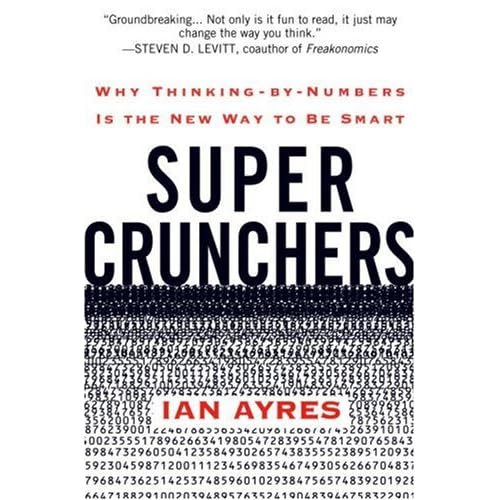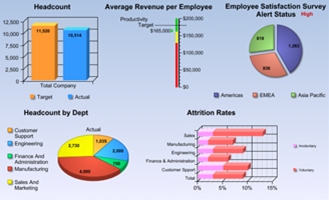 Ian Ayres, the author of Super Crunchers, gave a keynote at Fair Isaac’s Interact conference in San Francisco this morning. He made a number of interesting points related to his thesis that intuitive decision making is doomed. I found his points on random trials much more interesting, however.
Ian Ayres, the author of Super Crunchers, gave a keynote at Fair Isaac’s Interact conference in San Francisco this morning. He made a number of interesting points related to his thesis that intuitive decision making is doomed. I found his points on random trials much more interesting, however.
In one of his examples on “The End of Intuition”, a computer program using six variables did a better job of predicting Supreme Court decisions than a team of experts. He focused on the fact that the program “discovered” that one justice would most likely vote against an appeal if it was labeled a liberal decision. By discovered we mean that a decision tree for this justice’s vote had a top level decision as to whether the decision was liberal, in which case the program had no further concern for any other information. Continue reading “Super Crunchers: predictive analytics is not enough”


